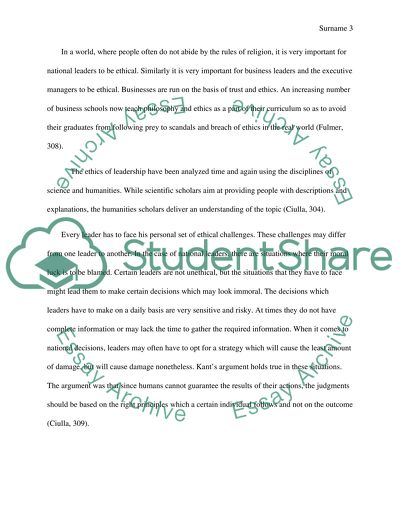Cite this document
(“Contemporary ethical challenges and Leadership Essay”, n.d.)
Contemporary ethical challenges and Leadership Essay. Retrieved from https://studentshare.org/philosophy/1491451-contemporary-ethical-challenges-and-leadership
Contemporary ethical challenges and Leadership Essay. Retrieved from https://studentshare.org/philosophy/1491451-contemporary-ethical-challenges-and-leadership
(Contemporary Ethical Challenges and Leadership Essay)
Contemporary Ethical Challenges and Leadership Essay. https://studentshare.org/philosophy/1491451-contemporary-ethical-challenges-and-leadership.
Contemporary Ethical Challenges and Leadership Essay. https://studentshare.org/philosophy/1491451-contemporary-ethical-challenges-and-leadership.
“Contemporary Ethical Challenges and Leadership Essay”, n.d. https://studentshare.org/philosophy/1491451-contemporary-ethical-challenges-and-leadership.


